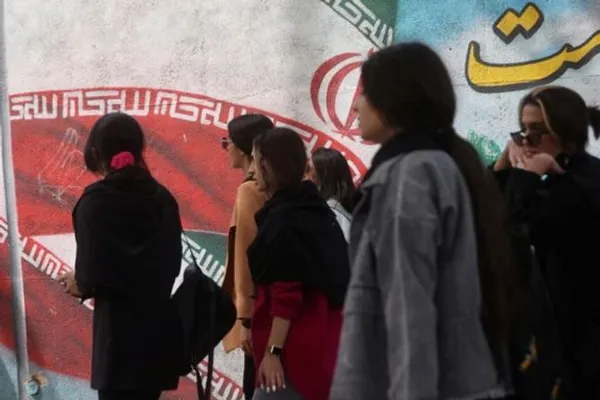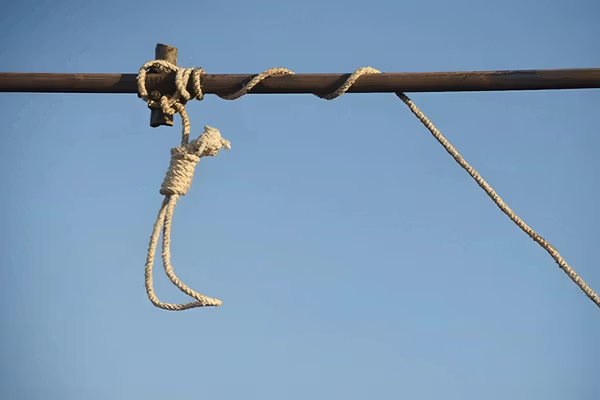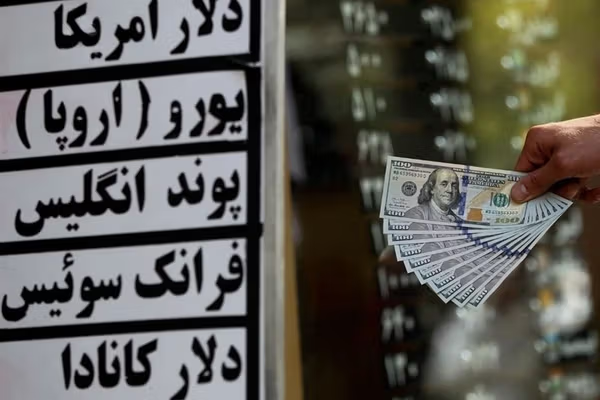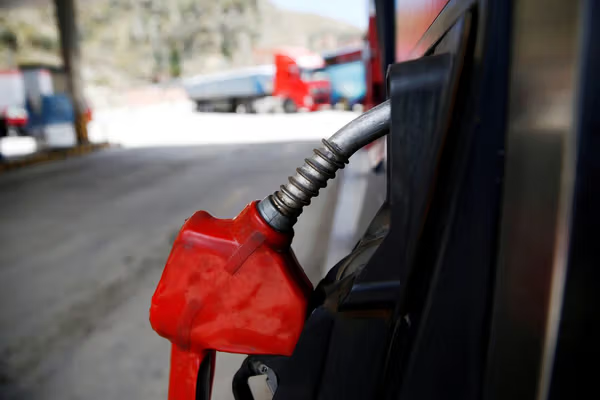
Iran judiciary reopens probes into disputed land deals near Tehran
Iranian authorities are investigating fresh details in two of 173 cases of disputed land allocations in Damavand and Shemiranat, Tehran province, judicial and semi-official news agencies reported on Sunday.


















